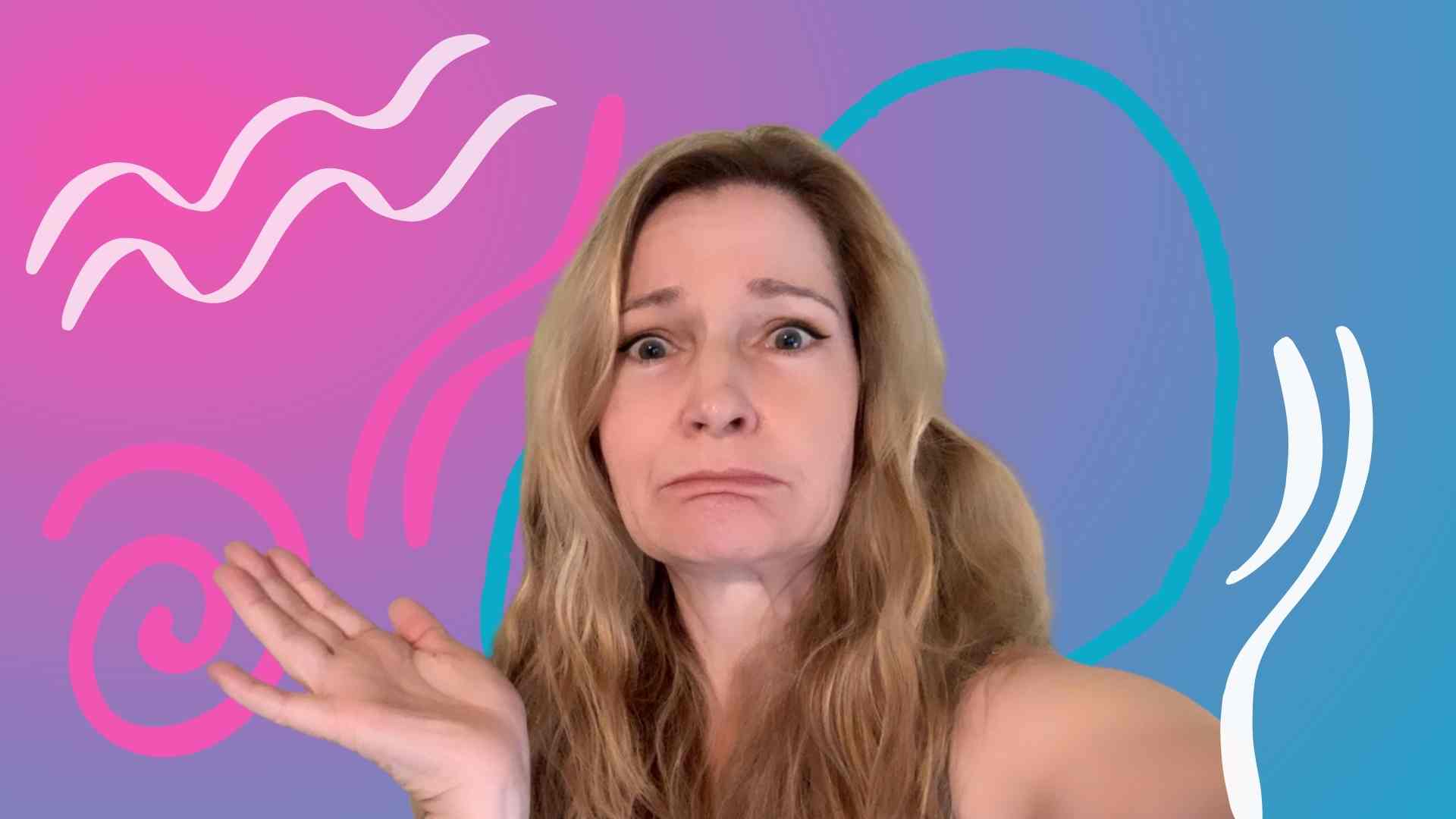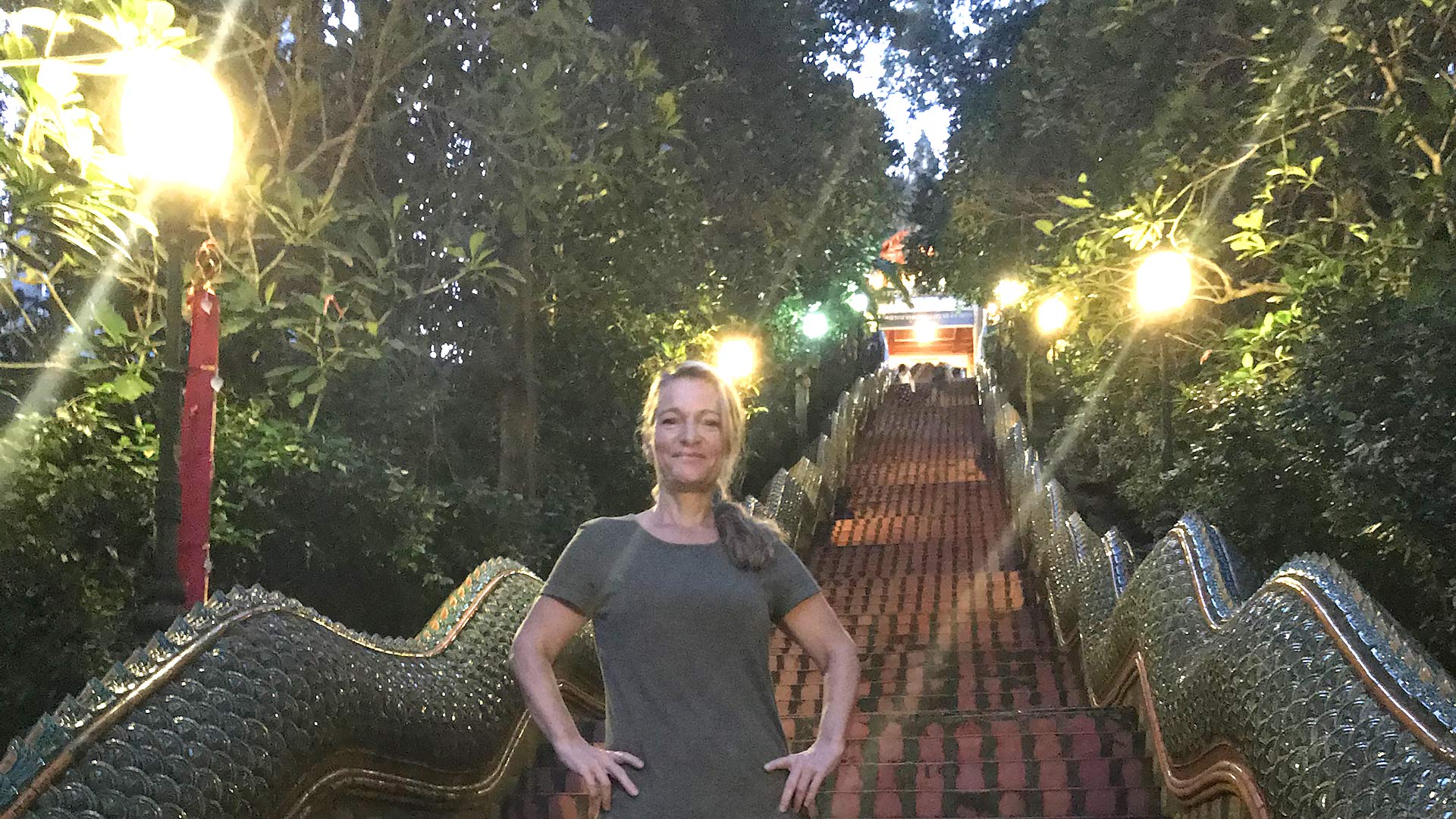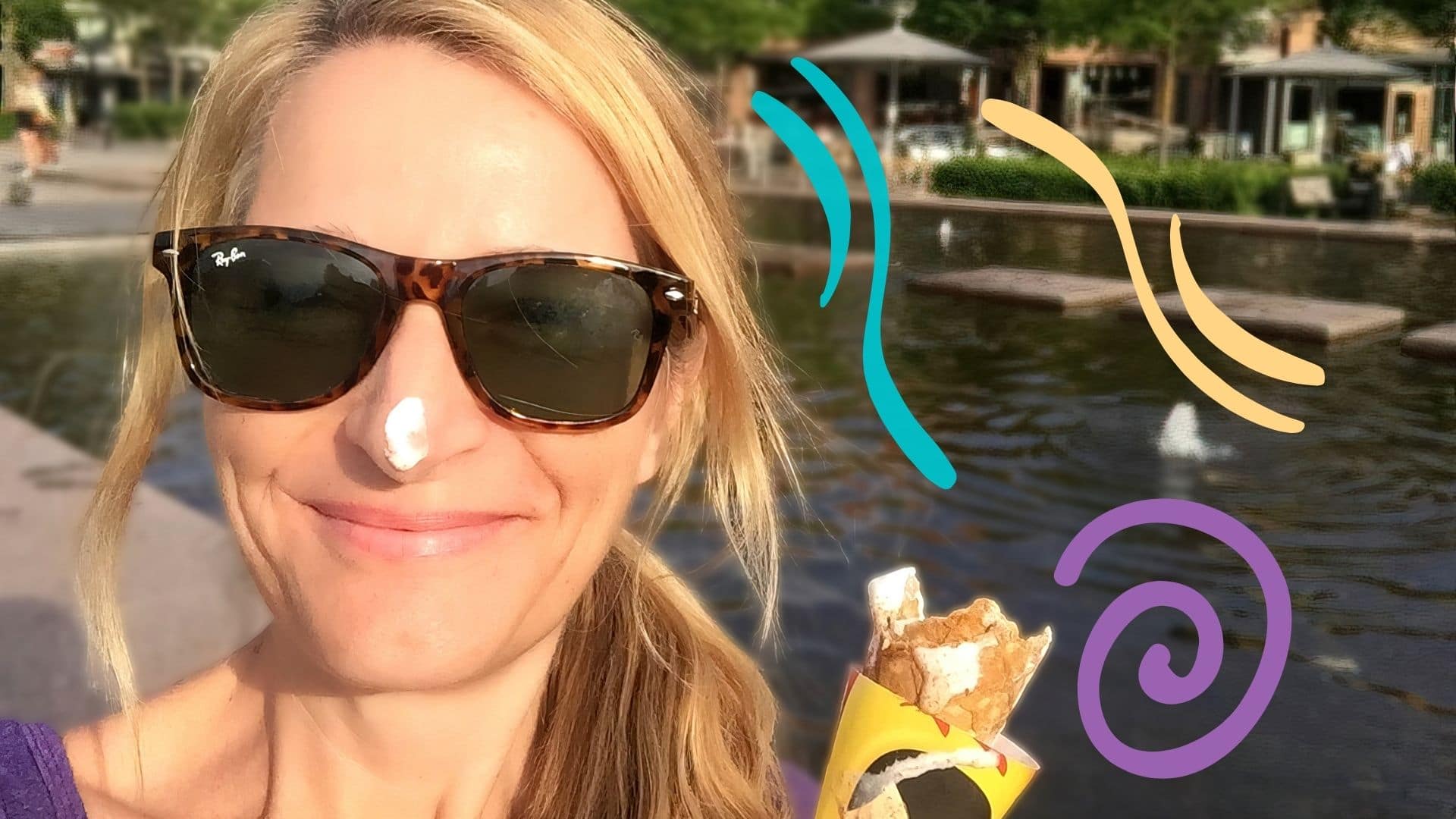What's the Best Diet for Weight Loss?

Do you wonder, “which diet is best for me?” Keto? Weight Watchers? Bulletproof? A diet app?
Whether your weight loss goal is 20 pounds, 30 pounds, 50 pounds or more, the best diet is…
...the diet that fits into your life.
If you feel tired, weak, and out of focus when you don’t eat carbs, then a low carbohydrate or keto diet may not be right for you.
If you feel sluggish, bloated, and tired when you eat carbs, then a low carb or keto diet might be your weight loss option.
It's not about one way of eating being more effective than another. You will you lose weight on almost any diet if you follow it. (Well, yeah. There’s that. Following it.)
The secret to picking the right diet or eating plan that will give you long term results? It’s the one that you’ll actually stick to. (The bottom line? It's still calories in vs. calories out, but with foods that work for you.)
The Right Way to Eat for You
Figure out what you personally need to eat to lose weight.
- Grab a notebook and write down what your meals are now and how you felt after you ate. Then ask yourself how you felt throughout the day. How did you feel at end of the day? What was your energy level? What was your hunger level? What was your mood? (Cranky? Bitchy? Happy? Relaxed?)
- Do this over a 10-14 day period.
- Then try another way of eating (something completely different from what you were doing – low carb, Flexitarian, plant-based, paleo, DASH) for another 10-14 days. You may know earlier if you don’t feel right or are losing/not losing weight, but try to stay with one eating style to get a clearer picture of if it’s really working for you. It takes our bodies some time to get used to new things.
(Wait, why are we doing this experiment again? To find which foods give you more energy and focus, and help you feel healthier and happier... and so you can stop torturing yourself with the wrong "diets.")
Diet Side Effects
People who start keto diets often say they experience side effects like “keto fog.” Those who reduce their carbohydrate intake often get "low carb diet headaches." There are always adjustments and side effects that happen when you start a new way of eating.
Give your diet plan some time for your body to adjust. If you don’t feel right, or the side effects are too much for you, change to something else. That’s the beauty of life. We can change things that aren’t right for us.
Eating to Feel Better
If I eat a healthy and balanced way with more whole grains, fiber, lean vegetarian proteins, some healthy fats, and a little chocolate, I feel pretty good (or as good as I can feel with chronic insomnia and a thyroid autoimmune disease. Nobody’s perfect). When I eat a diet made up of 80% sugar (and I have… oh I have), I don't feel so good.
It's all about a balance.
This is why we're going to make those notes in our notebooks (or on our phones/tablets). It will help us become aware of our bodies and pay more attention to what we eat vs. energy and mood fluctuations.
It’s like playing detective and piecing clues together. The fun thing is, the clues all lead you to a healthier and more fulfilling life.
Intuitive Eating with a Twist
With intuitive eating, the focus is on becoming aware of what you are eating. Of the process of eating. Of the feeling of being full vs. hungry. Not eating mindlessly while you watch TV or scroll on your phone.
To me, intuitive eating is also about being aware of which foods feel right for my body. Which foods make me feel happier and more energetic. Which foods make me want to hide my head under a pillow and sleep all day.
If your body functions best being on a stricter diet that excludes certain food groups, then stay with that. Maybe you have food allergies that have not been diagnosed yet. For most people, in the long run those types of restrictive eating plans don’t usually work (so yeah, I eat gluten and dairy).
Don’t force a square peg into a round hole.
Listen to your body. Listen to your mind. Become more intuitive with how you feel. What is normal for weight loss depends on you. Everyone is different.
Intermittent Fasting Didn't Work for Me
Last year – more like the past 16 months – my schedule was completely off. The pandemic kept me from teaching my beloved Spinning classes. I had no structure in my day.
I started just not eating breakfast until way later in the day. I accidentally created an intermittent fasting eating window for myself.
And gained weight.
I would feel fine half the day. Then I would suddenly get nauseated and shaky. It would hit me just like that. Bam!
I would also get nauseated and weak if I exercised (a scary thing if I was in the pool by myself).
The only way I could feel somewhat human quickly was to have some ice cream or food with sugar to immediately raise my blood sugar. Then I had nothing but sugar in my body. And I would eat more sugar to avoid feeling nauseated again. And I would then find myself raiding the fridge before bedtime before I was hungry from not eating as much earlier.
I finally realized that I was fighting my body. Working against my body. Trying to be someone I wasn’t.
I am not an intermittent faster.
I know what works for me. I lost over 80 pounds 16 years ago eating smaller portions throughout the day. It keeps my blood sugar even. Gives me a steady stream of energy. Doesn’t make me feel uncomfortably full.
This style of eating is what I’ve gone back to. This is what will get the “intermittent fasting weight gain” off.
It wasn’t the pandemic that did me in. It was trying to change something that wasn’t broken.
The Diet for Your Body
The reason why the best diet – the most effective diet - is the diet that works with your lifestyle and personality is because you’re going to stay with it easier.
Not just for a month. Not just for a week. Long enough to reach your weight loss goals. Long enough to reach your health goals. Long enough to change your habits into new, healthier ones. Habits that become part of your life.
The best diet is:
- The one that works for you.
- The one you'll stick with.
- The one that won't make you beat yourself up if you deviate.
- The one that won't make you feel like you're not "strong" enough.
- The one that doesn't make you unhappy.
- The one that won't make you feel completely deprived.
No diet is going to make you sing with joy, dance, and clap. ("Celebrate good times, come on!")
You can find something that is easier on your body and your mind, giving you healthy eating habits that you can continue over a longer period of time. If you have a lot of weight to lose, it’s going to take time to lose it. That’s just reality. Make it easier on yourself.
Why Is Weight Loss So Hard?
Weight loss is hard we set too many rules for ourselves. So ditch the diet rules and do this instead:
- Eat overall healthy with occasional treats.
- Make small changes.
- Cut your usual meals in half.
- Add more vegetables.
- Make it sustainable for you.
- Develop your own way of intuitive eating.
A short-term or fad diet won’t change your life. Making small changes, like one doable change each week, will. Those small changes all add up to a healthy new lifestyle quickly and almost effortlessly.
The Weight Loss Tip That Works
Move your body throughout the day. That's it.
It’s the single best way to stay healthy and lose weight. Stand when you can. Walk around when you can. Work out while watching TV or while on the phone. Get those steps in however you can. There's a reason they say "movement is medicine."
As I wrote in my book 21 Days to Change Your Body (and Your Life):
“Weight loss is a sum of all of your habits - not individual ones.”
Go gather those small good habits together and make something great happen.
(PS. Get tons more free tips when you listen to my coached walk weight loss podcast Walking & Talking with Helen.)


